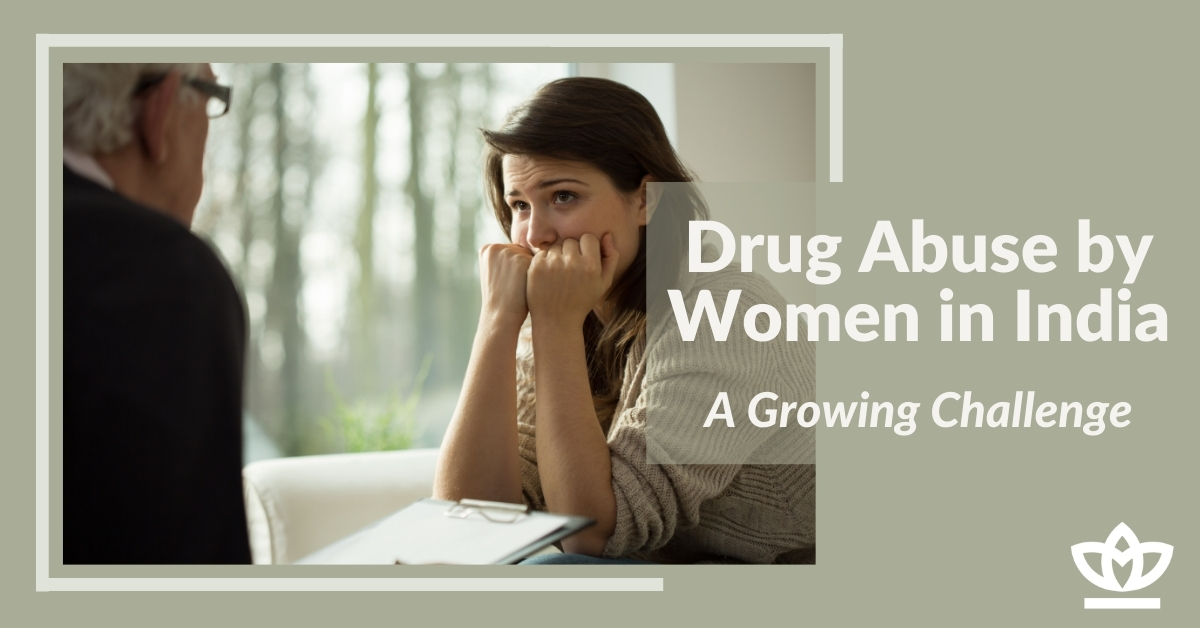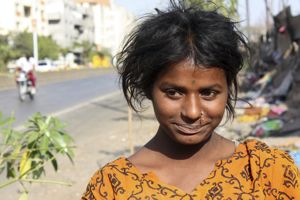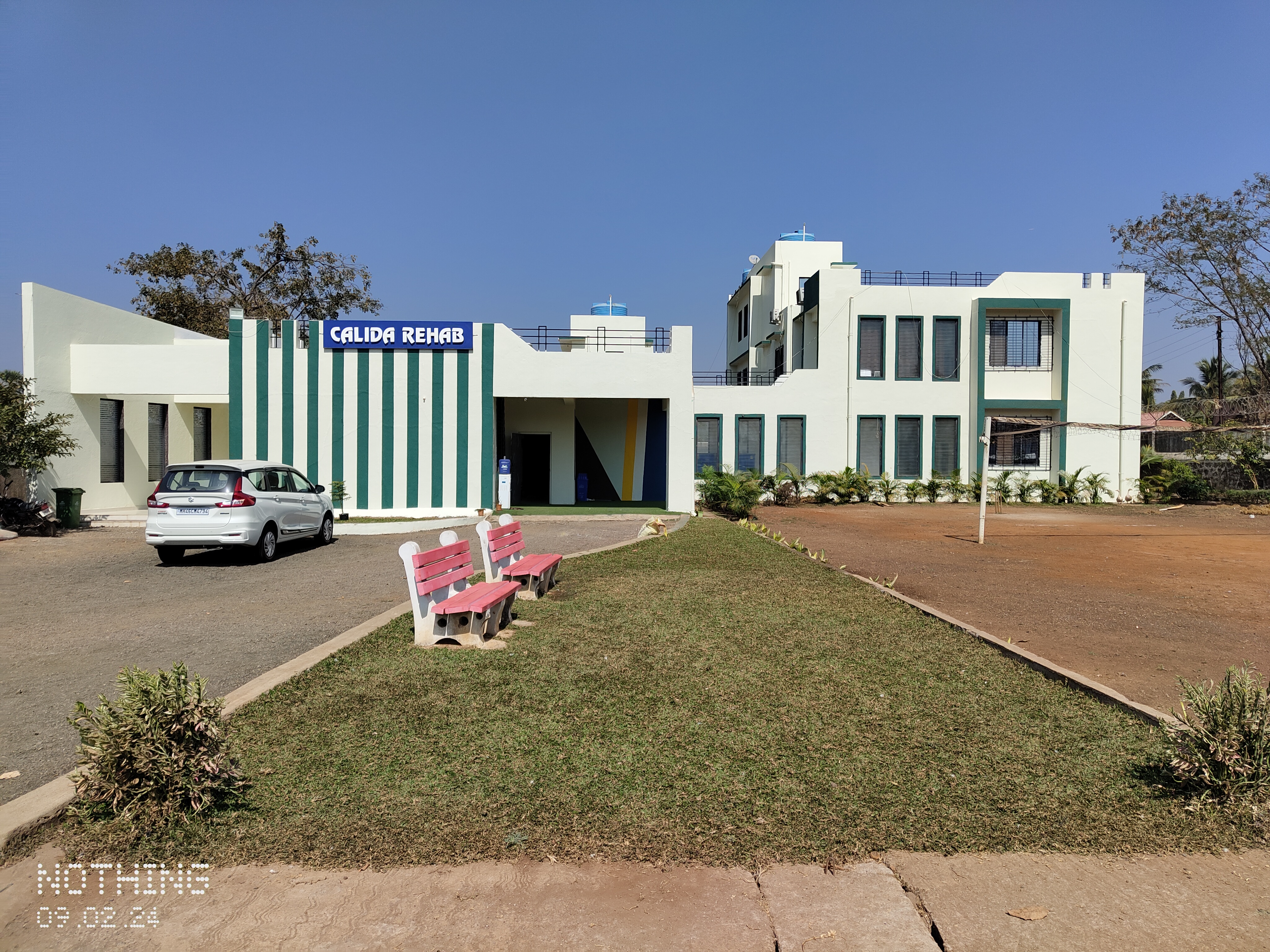Women and Drug Abuse in India – A Growing Challenge

In the last thirty years, use of illegal drugs has exploded into a global epidemic. Permeating into nearly every cultural and social class, there isn’t a nation in the world that doesn’t struggle with drug abuse on some level.
A related UN report concluded that perhaps the biggest concern surrounding substance abuse is the impression it makes on those most vulnerable – their susceptibility and exposure to drug abuse determines the eventual apprehension surrounding them in this area.
The UN article continues by making a strong argument about the vulnerability of Indian women to drug abuse. “Women, who traditionally appeared to have some kind of immunity to drug abuse, at least in terms of ‘social inoculation’, are now recognized as also being susceptible to drug use and its related problems.”
[ref]http://www.unodc.org/pdf/india/publications/women_Book-6-5-03/08_introduction.pdf[/ref]
The cultural and social transitions in India have caused this increase in women drug abusers.
We will look at the three-fold prospective of female involvement with drugs. The World Health Organization breaks it down as follows:
- Women non-drug users with drug abusing families or partners.
- Women who themselves consume drugs.
- Women who are involved in the production and/or distribution of drugs.
Family influence on non-drug using women
Of course a drug addiction problem impacts more than simply the addict. Though the health and social detriments immediately involved in substance abuse directly impact the drug abuser, the effect on the addict’s close relations are often nearly as terrible. The effect is similar to the consequences of second hand cigarette smoke.
[pullquote]“Drug using women are… stigmatized beyond what most male drug abusers ever face.”[/pullquote]
Personal responsibility in the area of drug abuse has been replaced with apathy. Apathy seems to dominate many addicts’ lives as they fall into a dependency on their chosen intoxicant. In an our individualistic age, it is ironic how individual integrity is often scoffed at.
This lack of personal responsibility in the area of drug abuse has extreme negative connotations – especially within the family.
Where would you turn to if you were addicted to drugs? I would turn to my family. As parental control becomes less rigid, the home environment is turning into a stressful venue, resulting in the basic needs of children often going unmet.
Security, response, recognition, and development are just a few areas where parents (specifically fathers) simply don’t seem to be involved anymore. Children seek acceptance, and when they don’t receive it from their parents, they’ll seek it elsewhere.
As the drug epidemic viciously spreads across India, the pressure to condone drug use as a socially acceptable pastime is sometimes expected. The association drug abuse has with domestic violence, blood borne viruses, and emotional anguish impacts households every day in India.
Studies have shown that within the family, it is often the woman who is impacted most directly. Women, mothers and wives in particular, have an intimate role within the home, and thus end up barring most of the burden brought on by an addicted child or spouse.
Drug abuse among Indian women was not recognized until recently, and still has not been given proper merit. Roles are changing, and changes in lifestyle are all creating new problems that India is not used to. One of the pressing issues is women and drug abuse… and it’s time to deal with it.
[ref] http://www.thecabinchiangmai.com/site/women-and-addiction/drug-abuse-amongst-women-in-india/ [/ref]
Women involvement in production and distribution of drugs.
Though males tend to dominate the economic aspect of drug abuse, women drug dealers are becoming more commonplace. Women involve themselves in:
- Illegal drug cultivation,
- Illegal drug processing, and
- Illegal drug dealing.
Women drug couriers are often intimidated into dealing drugs. Their economic status often arouses the initial desire.
Women and drug abuse
The UN’s report on Women and Drug Abuse says the following regarding the issue in India:
“Like many other societies, India is undergoing transition. Changing roles, increased stress, and alterations in lifestyle bring with them newer problems, including drug abuse. Although the problem of drug abuse among women is being increasingly recognized, this phenomenon and related problems do not usually show up in official drug statistics. This is partly due to the limited number of women drug users and the largely subordinate position of women users in the drug subculture. However, women are likely to suffer greater consequences than men due to drug abuse.”
Drug using women are looked down upon and stigmatized beyond what most male drug abusers ever have to face. As one author put it, “Their activities are regarded by society as ‘double deviance’ – as deviance from both accepted social codes of behavior and from traditional expectations of the roles of wife, mother and family nurturer” (Fagan, 1994).
[ref]http://www.unodc.org/pdf/india/publications/women_Book-6-5-03/08_introduction.pdf[/ref]
Women Deaddiction Centres
It is an uncomfortable scene. A vast majority of the deaddiction centres revolve around male addicts. The result is tragic: women often discover themselves apprehensive to attend deaddiction centres.
Divyyaa Baja, the founder of “Miracle Foundation” (the first Indian Deaddiction centre solely for women) recalls when a friend of hers had an addiction problem: “My friend’s father went all the way to Hyderabad looking for a suitable deaddiction centre. But he was not comfortable admitting his daughter to a facility filled with men and just a couple of women cooped up in a room.” Consequentially she sought counsel at St. John’s Hospital. A month later she started abusing drugs again.
It is clear there is a need for women rehabilitation centres. Divyyaa recognizes this by saying, “In an all-women centre, run by women, the addicts feel more comfortable and trusting, which is a big step towards recovery.”
Much of the overall effectiveness of recovery is based on environment; Divyyaa’s “Miracle Foundation” is an ideal atmosphere for women willing to recover. Drug addiction is a disease that has to be treated in an appropriate context; Divyyaa has created one.
De-Addiction Centres has a growing directory of Women’s Deaddiction Centres. Find the help you or your loved one needs.
Helpful Articles
- http://www.thecabinchiangmai.com/site/women-and-addiction/drug-abuse-amongst-women-in-india/
- http://www.indianjmedsci.org/article.asp?issn=0019-5359;year=2005;volume=59;issue=7;spage=283;epage=291;aulast=Grover
- http://www.hindu.com/2008/05/25/stories/2008052551530700.htm
- http://www.financialexpress.com/news/vvm-to-set-up-deaddiction-unit-for-women-in-howrah/291323/0

















